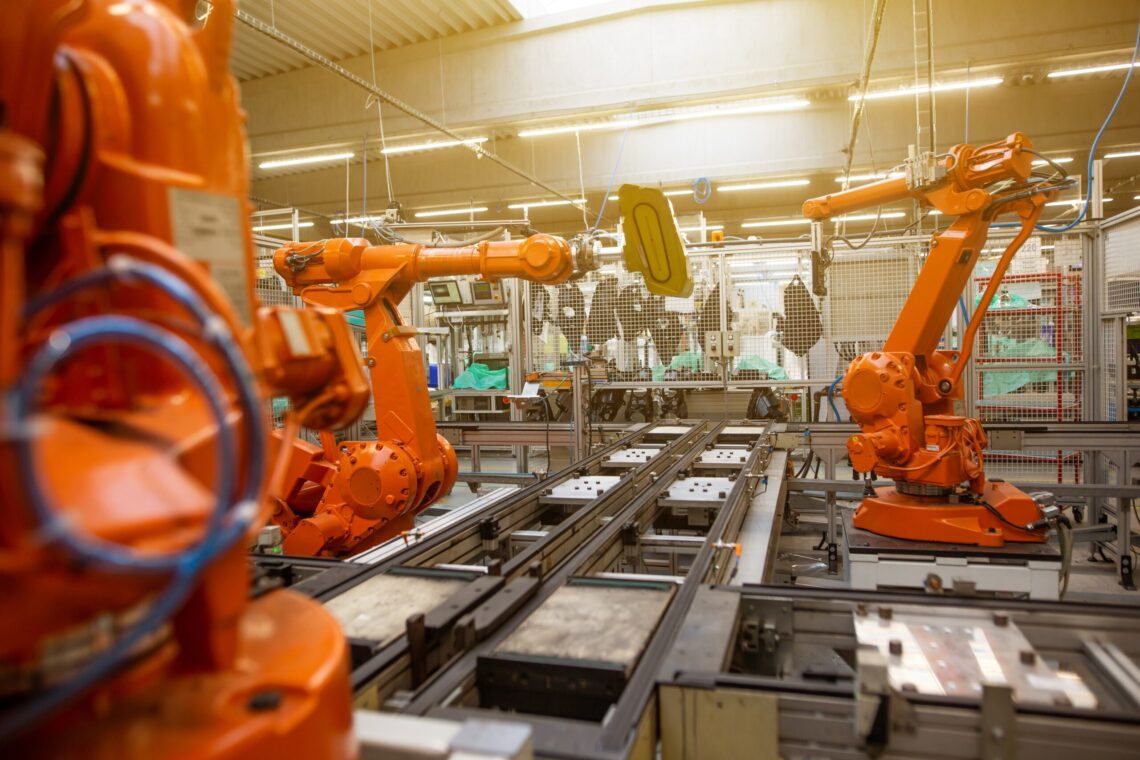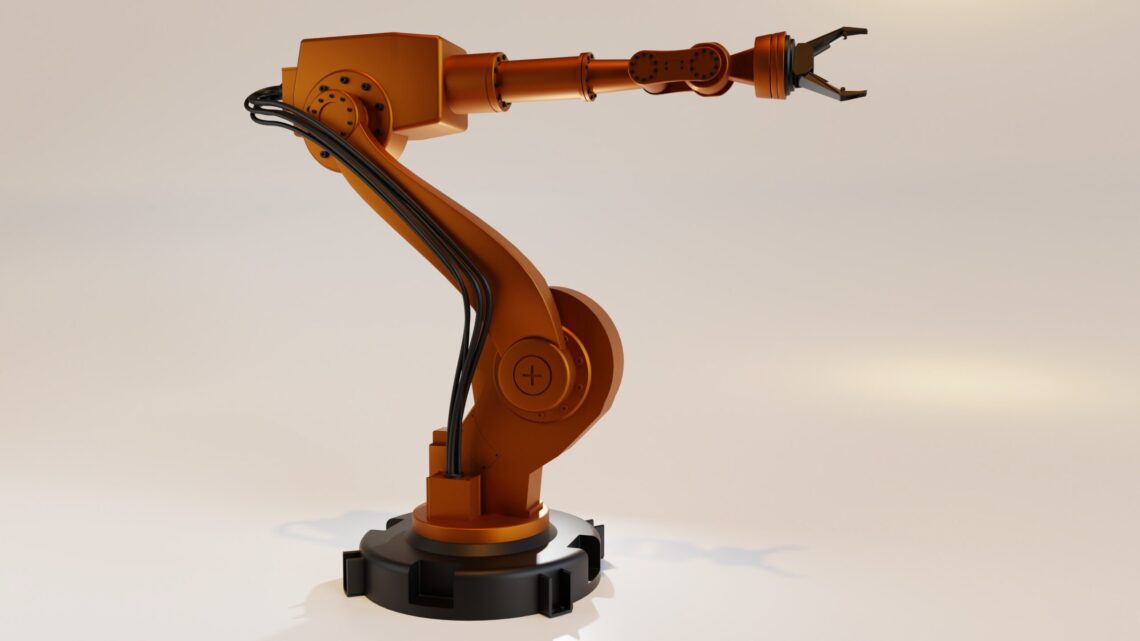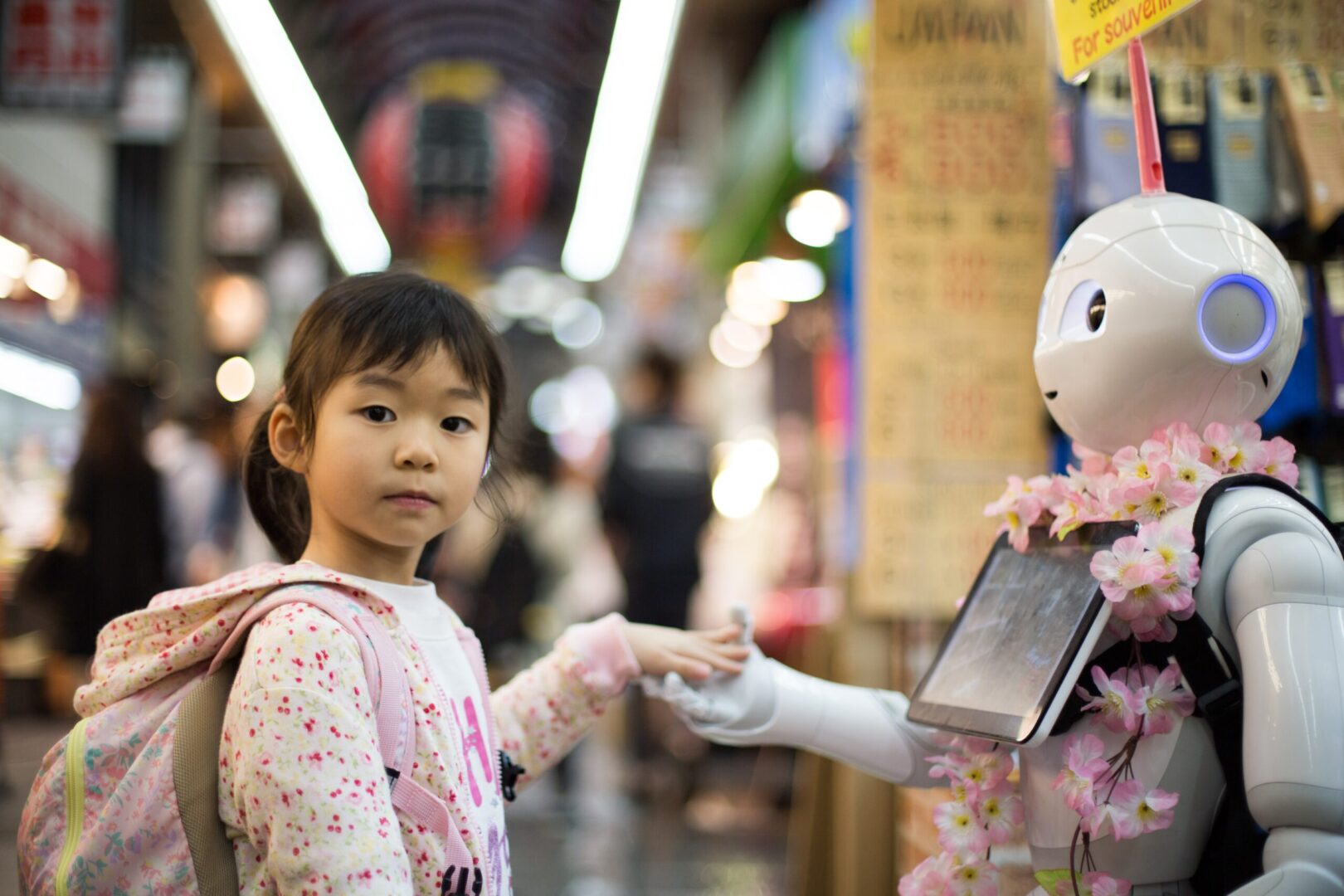While AI has undoubtedly automated certain tasks and industries, there are still numerous jobs that require uniquely human skills and capabilities.
As artificial intelligence (AI) continues to advance at an astonishing rate, there is a growing concern about the impact it will have on the job market. While AI has undoubtedly automated certain tasks and industries, there are still numerous jobs that require uniquely human skills and capabilities, making them resistant to automation.
In this blog post, we will explore some of the jobs that are less likely to be automated by AI in the foreseeable future and examine the reasons behind their resilience.
5 jobs that won’t be automated by AI
-
Creative professions
One of the defining characteristics of AI is its inability to replicate human creativity and artistic expression. Jobs that rely on imagination, innovation, and emotional intelligence are unlikely to be fully automated. Take, for example, professions such as graphic design, content writing, and marketing. These roles require individuals to think outside the box, come up with original ideas, and connect with the audience on an emotional level. While AI may assist in generating ideas or performing certain tasks, it cannot replace the human touch that is essential in these creative endeavours.
According to a study conducted by Oxford University, jobs in the creative sector have a low risk of automation, with only a 10% chance of being replaced by AI.

-
Healthcare and medical professions
The healthcare industry is built on deep human connections and empathy. Roles such as doctors, nurses, and therapists require a level of compassion, critical thinking, and intuition that cannot be replicated by AI. Despite advancements in technology, human interaction remains crucial in diagnosing complex medical conditions, providing emotional support to patients, and making high-stakes decisions. While AI can assist healthcare professionals by analysing large datasets or performing repetitive tasks, it cannot replace the human expertise and judgment required in patient care.
According to a report by McKinsey, healthcare occupations have a low automation potential, with less than 30% of their tasks being automatable.
-
Legal professions
The legal field is built upon analysing complex situations, interpreting laws, and providing legal counsel. While AI can be trained to process vast amounts of data and assist in certain legal tasks such as document review and research, it still lacks the ability to understand the intricacies of human behaviour, emotions, and ethics. Lawyers and judges possess unique reasoning abilities, negotiation skills, and deep knowledge of human society that are essential in navigating the legal system. Moreover, legal professionals often handle cases that involve ambiguity, ethical considerations, and strategic decision-making, which require human judgment and experience.
According to a study conducted by PwC, the risk of automation for legal professionals is relatively low, with only 23% of tasks being highly automatable.
-
Social and community services
Jobs that involve providing care and support to vulnerable populations, such as social workers, counsellors, and community outreach workers, require a high degree of emotional intelligence, empathy, and adaptability. These professionals deal with complex social issues, navigate challenging situations, and establish trust with individuals from diverse backgrounds. While AI may offer support tools and data analysis, the importance of human connection and understanding in these roles cannot be understated.
A report from the World Economic Forum supports this, finding that social and community service occupations have a lower automation potential, as they involve a high level of social intelligence and emotional skills.

-
Skilled Trade Professions
Professions such as plumbers, electricians, carpenters, and other skilled trade workers require manual dexterity, problem-solving skills, and hands-on expertise. These jobs often involve dealing with unpredictable circumstances, adapting to different environments, and finding creative solutions to complex problems. While some routine tasks within these professions may be automated, the overall job and the need for human expertise in handling unique situations make them less susceptible to full automation.
Thoughts on AI
While AI continues to transform the job market, there are numerous roles that are less likely to be automated. Jobs that require creativity, empathy, critical thinking, complex decision-making, and hands-on expertise remain uniquely human.
It is important for individuals to recognise the skills and attributes that make them irreplaceable in their respective professions. As the world evolves, these jobs will continue to be in demand, and the individuals who possess these skills will play a vital role in shaping our future.





